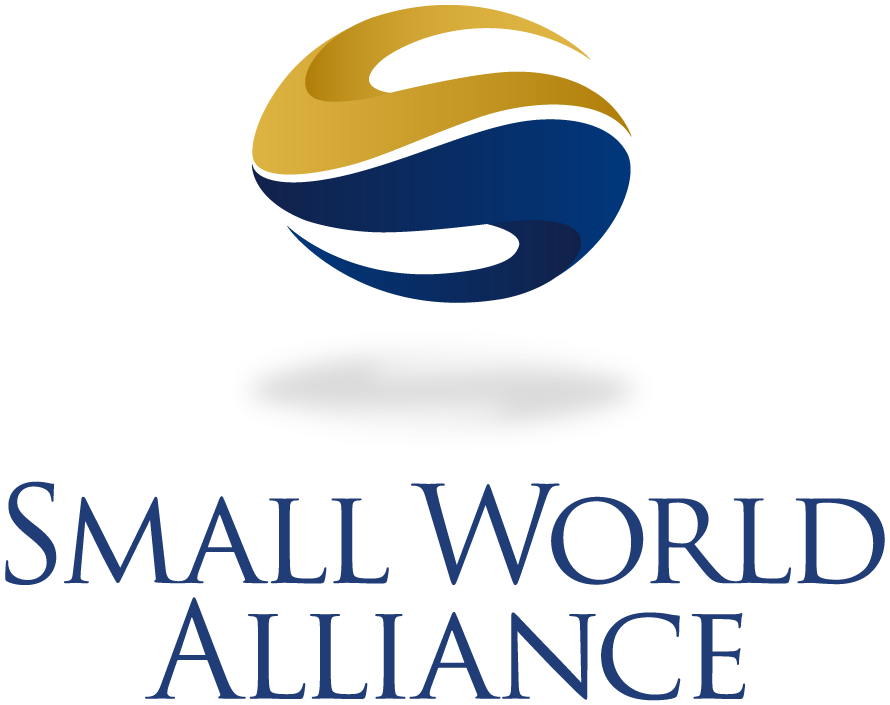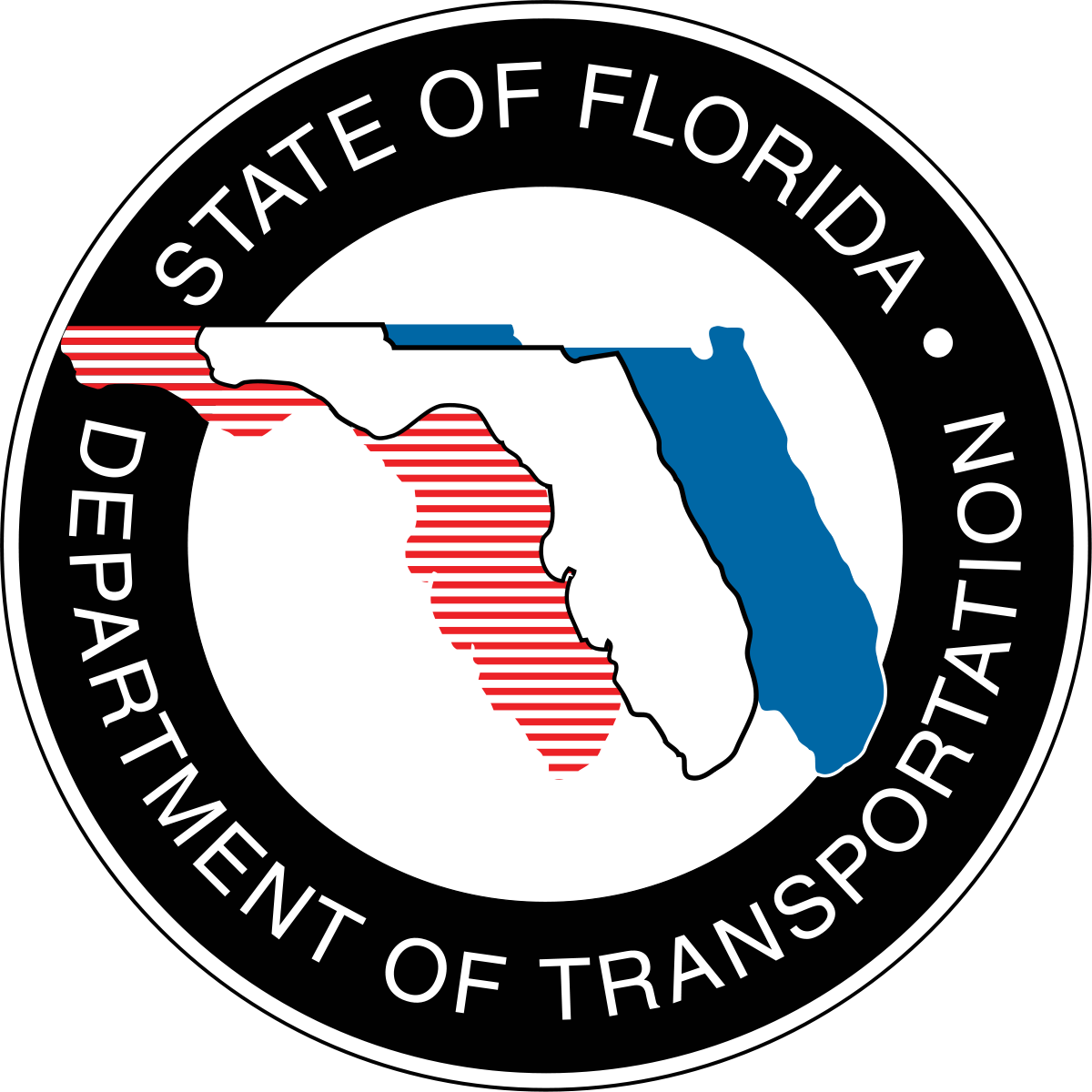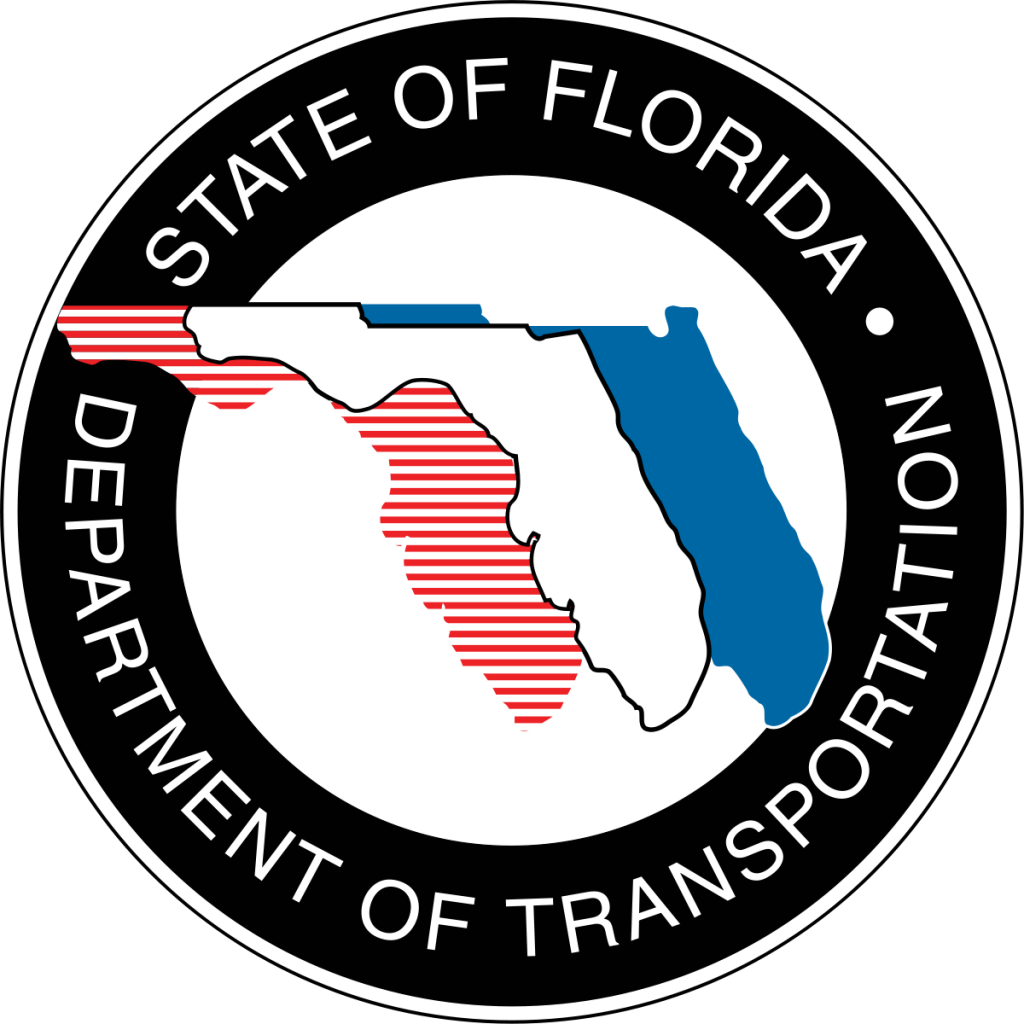case studies
Small World Alliance is proud to deliver on our promise to create transformational outcomes for organizations just like yours. Please review the following case studies to see why we are trusted advisors to organizations that value real-world results. (We are eager to add you to this list of success stories!)
Case Study- Hospitality: Starwood Hotels & Resorts
Purpose:
In 2005, Starwood Hotels and Resorts, known for their Sheraton, Westin, Four Points by Sheraton, St. Regis, and W hotels, embarked on a revitalization of their many properties world-wide. The challenge, as with many hotel chains, was that explosive growth during the previous decade created a multitude of different cultures, standards, and results. For the Starwood Corporation, this complex initiative encompassed more than 125,000 employees across more than 1200 hotels around the world.
Process:
As part of a long-term strategy that included re-branded marketing and operational updates, Small World Alliance founder Mark David Jones provided a comprehensive series of transformation training programs, to reflect the newly clarified brands and the related recommitment to world-class guest service. This process included co-developing brand identification, creating comprehensive leadership and associate level training materials, designing and developing master trainer sessions, and conducting a wide-reaching series of training sessions at properties around the world.
Payoff:
As part of this international roll-out, Mark designed, developed, and delivered the training that resulted, in less than a year, according to Starwood executives “a staggering success” in participant evaluation results, with “thousands of guest testimonials about significant improvements in the guest experience”. This initiative was featured in numerous newspapers (USA Today) and other trade periodicals.
These initial results reflect only the early stages of a fully-realized cultural transformation. Every indicator shows dramatic improvements in the commonly accepted measures that define world-class success: leadership evaluations, employee excellence metrics, guest satisfaction and intent to return and refer, and initial improvements in operational improvements/savings with revenue trending stronger.
Case Study-Public Sector: Florida Department of Transportation
Purpose:
In 2002, the Florida Turnpike became the first governmental toll agency to be given the ability to function as a private enterprise. The Florida’s Turnpike Enterprise’s goal was to become an innovative operation built on providing value at every part of the customer experience.
Process:
As part of the “We Drive Smiles” initiative, a series of awareness and skill-building service training sessions were delivered to all 1,400 team members across the entire state of Florida. These multi-media sessions involved original video, interactive activities, and presentation materials that were all provided license-free to allow for a sustainable continuation of the initiative for the future.
Payoff:
Within one year, this ground-breaking effort resulted in many impressive operational improvements, including:
Dramatic improvement of employee morale (up 18%) and customer satisfaction (92% would recommend to family/friends).
Has expanded and increased revenue, improved efficiency, cost-effectiveness and timely project delivery.
Has leveraged resulting additional revenue to make substantial improvements to the existing road system, delivered six expansion projects, contracted most in-house functions to the private sector, promoted customer service, maintained financial stability and improved bond ratings.
Expanded responsibility for all operations on every FDOT-owned and operated toll road and bridge. This represents about 600 miles of roadway and 80 percent of all toll facilities in Florida.
Based on the amazing success of this service transformation, Florida’s Turnpike Enterprise was awarded the prestigious international President’s Award for Innovation and Excellence and later won the JD Powers Seal of Approval for Excellence.
Case Study-International: START Holding
Purpose:
START Holding, a temporary agency headquartered in the Netherlands, was trailing Holland competitors in their employment services industry. In contrast to the American approach to “temp agencies”, most people throughout Europe utilize this type of service as a legitimate career path, and these service providers are a mainstay in a very competitive industry. Committed to becoming a leader in the industry, START Holding embarked on an organizational transformation initiative, with Small World Alliance founder Mark David Jones leading the effort.
Process:
After identifying the gaps and opportunities for differentiation within the culturally diverse work environment across numerous countries, the senior leadership team began a leadership development effort that transitioned to an employee engagement and customer service restoration.
Each phase of this extensive plan included awareness training about the key strategies and tactics of excellence as well as coordinated implementation teams that designed and executed value-added actions throughout the organization. Partnering with the prestigious Erasmus University, metrics were established very early in the process as clear measurements of success.
Payoff:
START Holding enjoys an impressive list of accomplishments within the organization, such as dramatically improved employee awareness, understanding, and implementation of operational standards, as well as significantly improved customer satisfaction, loyalty, and referral rates across all countries.
As a result, START Holding became the second largest agency in the Netherlands, with over 650 storefront offices and growing quickly to become a dominant presence in the very aggressive employment agency industry throughout all of Europe.
Case Study- Manufacturing: Textron
Purpose:
As part of its global transformation effort, multi-industry giant Textron strategically emphasizes employee development to positively affect productivity and customer loyalty. The goal was to build and grow their corporate talent of over 40,000 employees to optimize organizational results and the Textron brand in a very competitive environment. In addition to re-aligning the recruitment and hiring process, Textron was challenged by retention and engagement problems.
Process:
To solve this challenge, they identified the Core of their brand (Values, Vision, Standards) and changed how the operation aligned with that Core “North Star”, so every facet of the numerous divisions were all supporting the same underlying methods and moving toward the same larger goals.
To serve as a common link to this alignment, and to develop a culture of learning, they created Textron University. With the involvement of senior leadership across all functions, Textron University gathered 11 councils (representing each of their 11 operational functions) at least four times a year to ensure a connection between the internal corporate culture and the external operational brand.
One key aspect of this new development effort is connecting the classroom theory with the operational application. Textron University serves as a full operations partner, rather than simply an internal support function – so their developmental offerings align with and sustain the operational needs, and the operational realities feed the course designs.
Payoff:
By involving all levels throughout the organization and emphasizing continuous improvement as the daily way of doing business, and providing a rich source of career development, Textron has seen a significant decrease in failed projects, turnover, and hiring costs. In addition, Textron has realized a dramatic increase in productivity, client loyalty, internal promotions, and operational costs.





